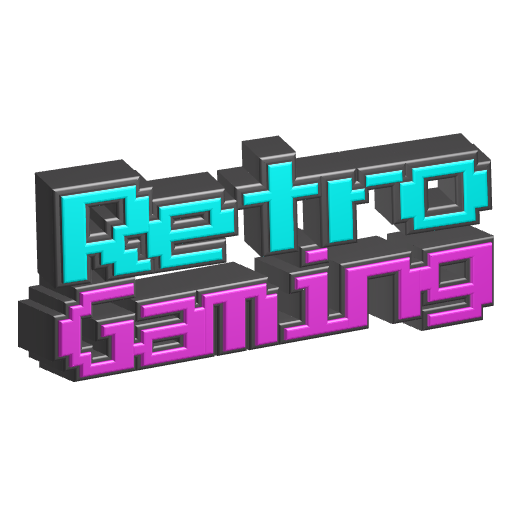

That’s a little more controversial, but towards my taste yes. Majora’s mask is one of those games you could never make today because it combined a children’s franchise with cosmic horror and themes of grief.
It took common ideas like npc routines, day/night, and a solid action core. With this it wove in puzzles that were not just about what you did, but when. This was groundbreaking in its scope and scale, and then they added in the soundtrack… Ye gods that soundtrack…
I could go on for pages but, quite simply, it was a work of genius.






I absolutely don’t use notepad++ as my main IDE… Honest.